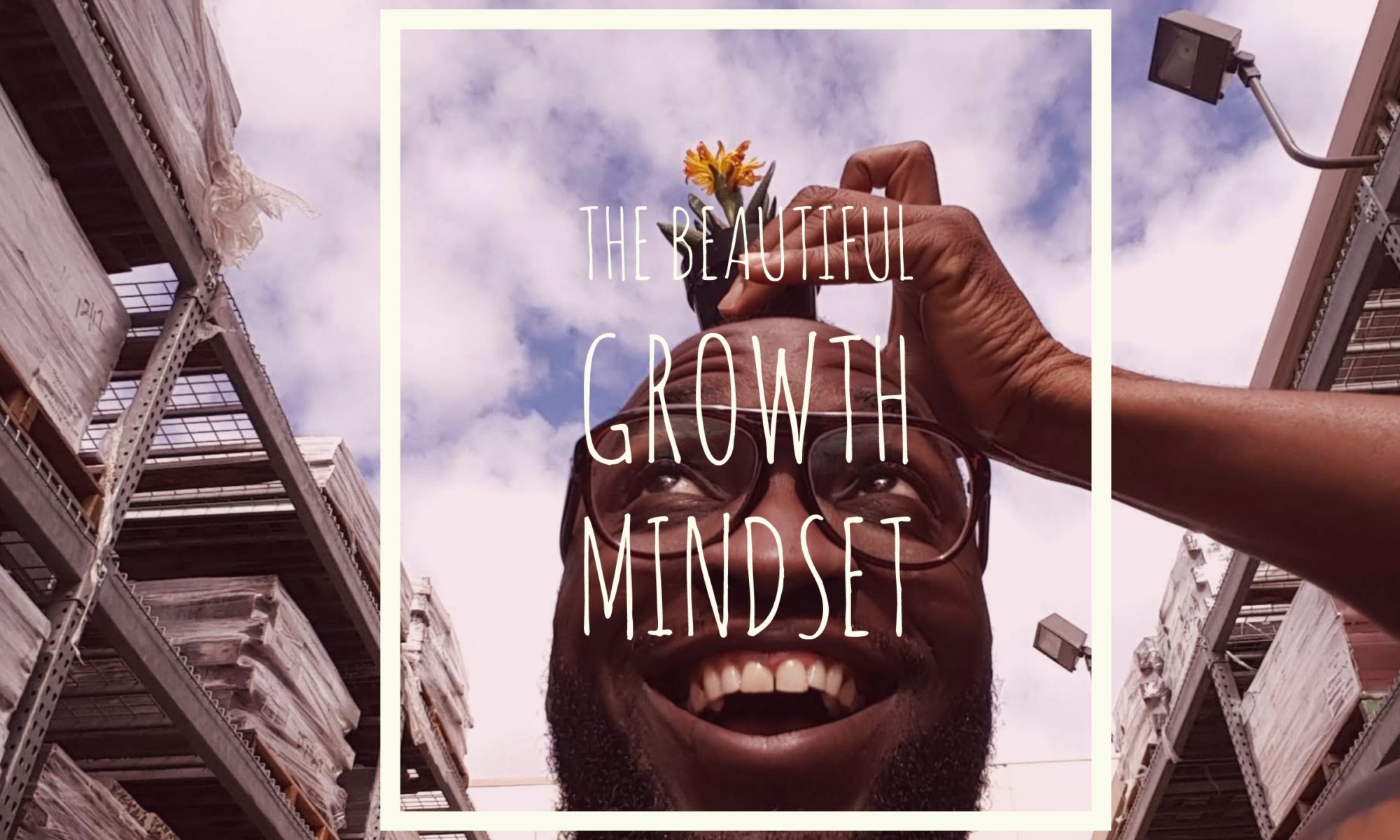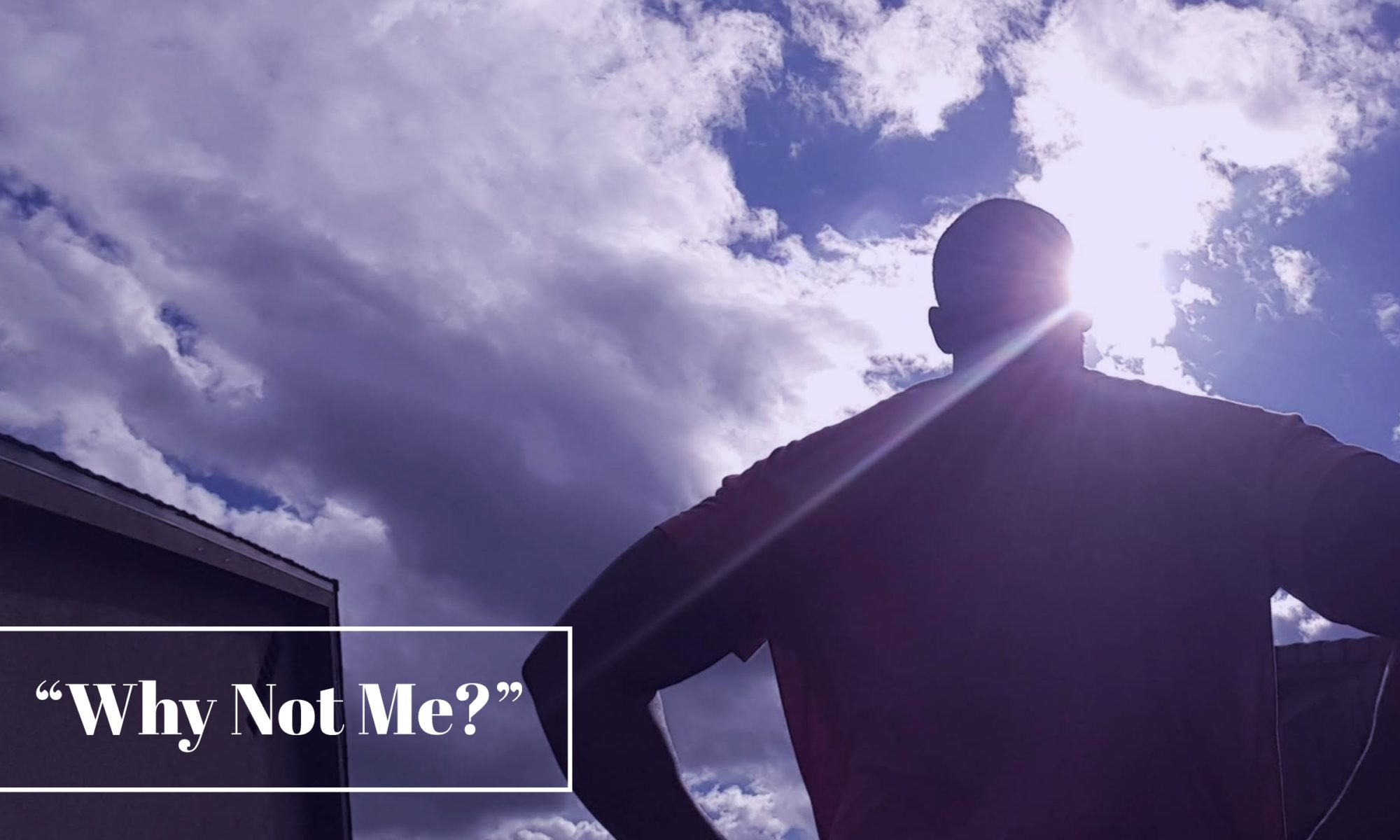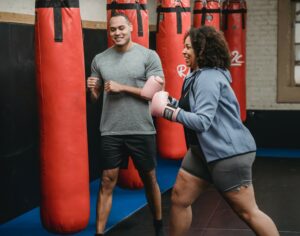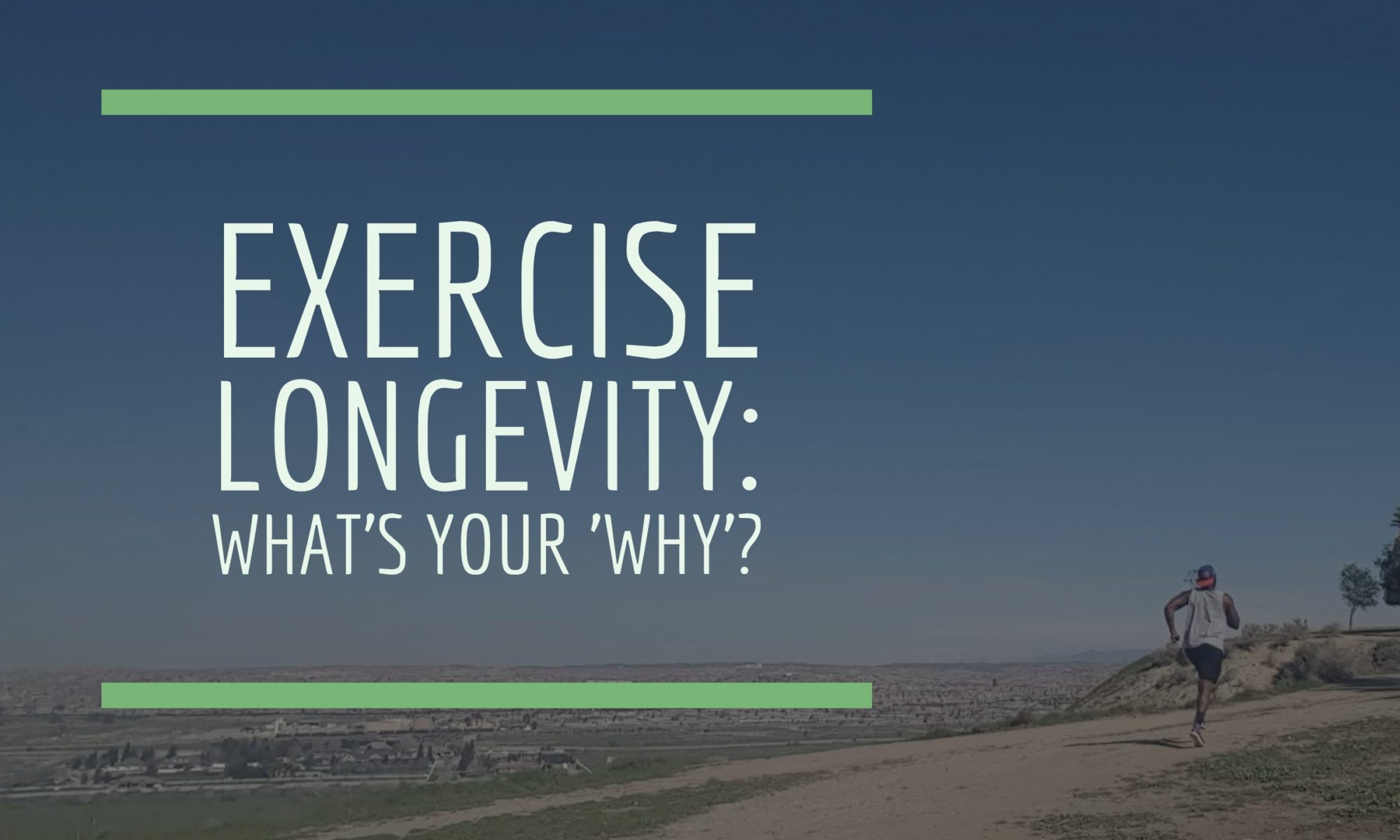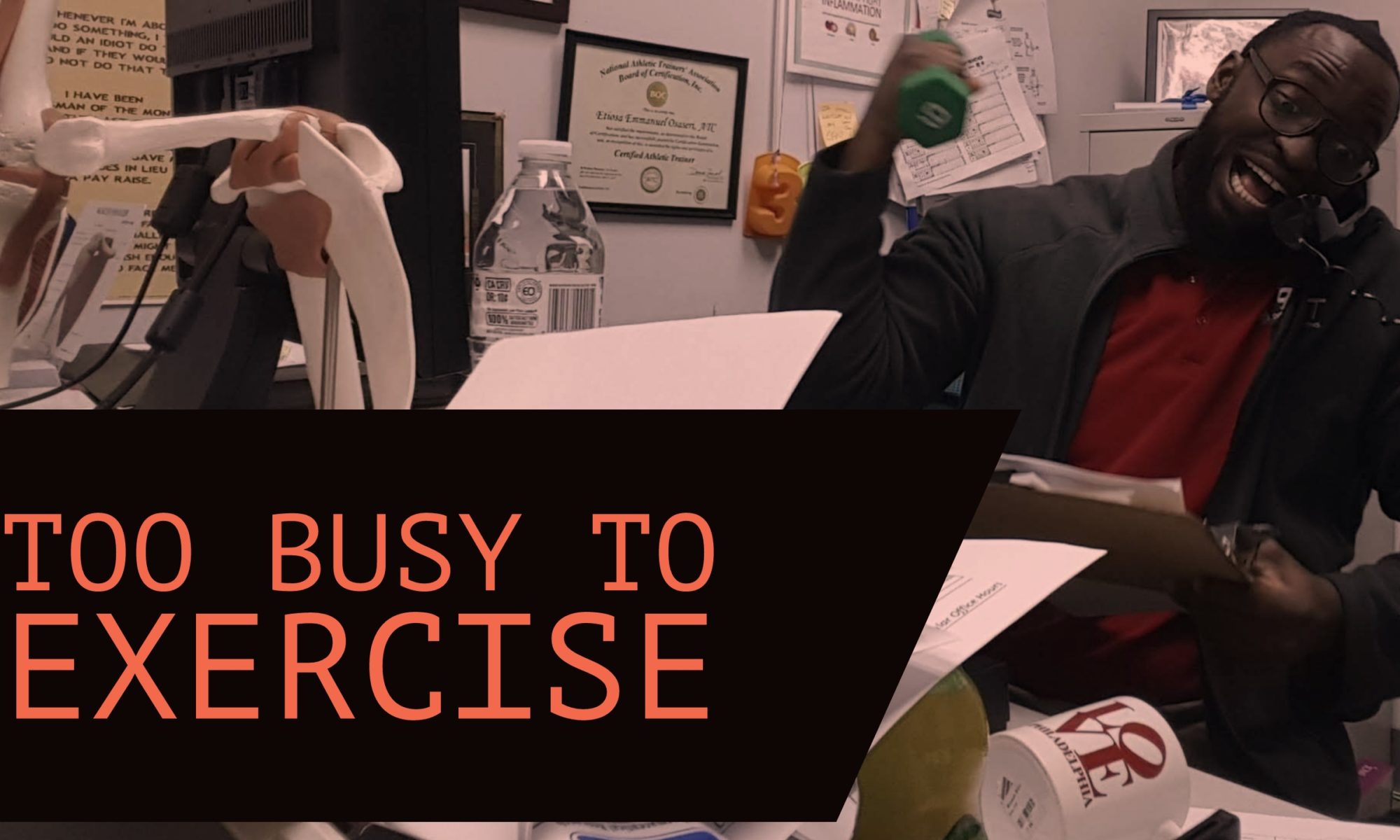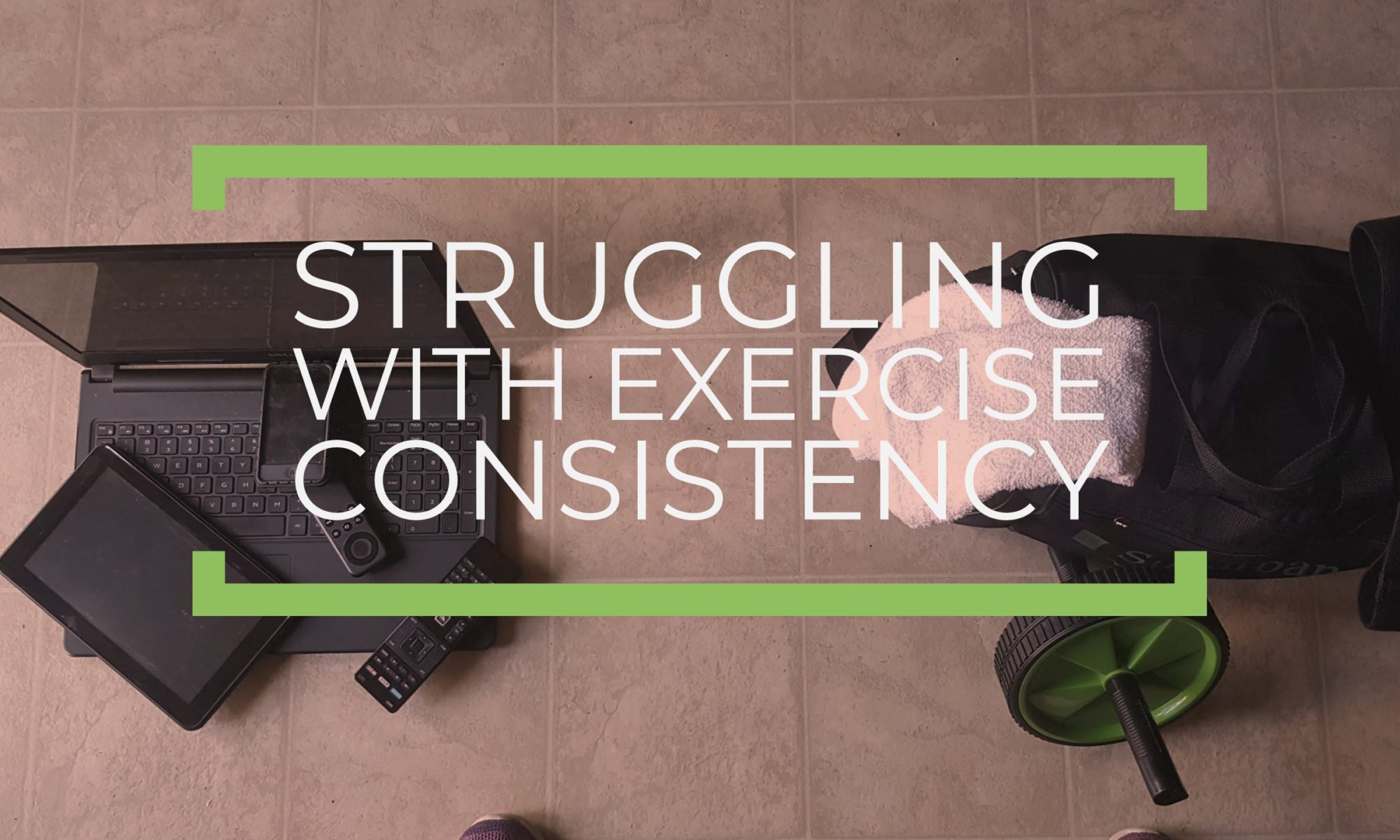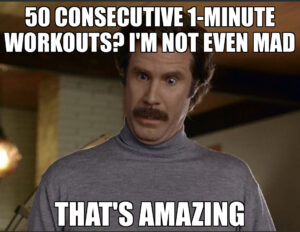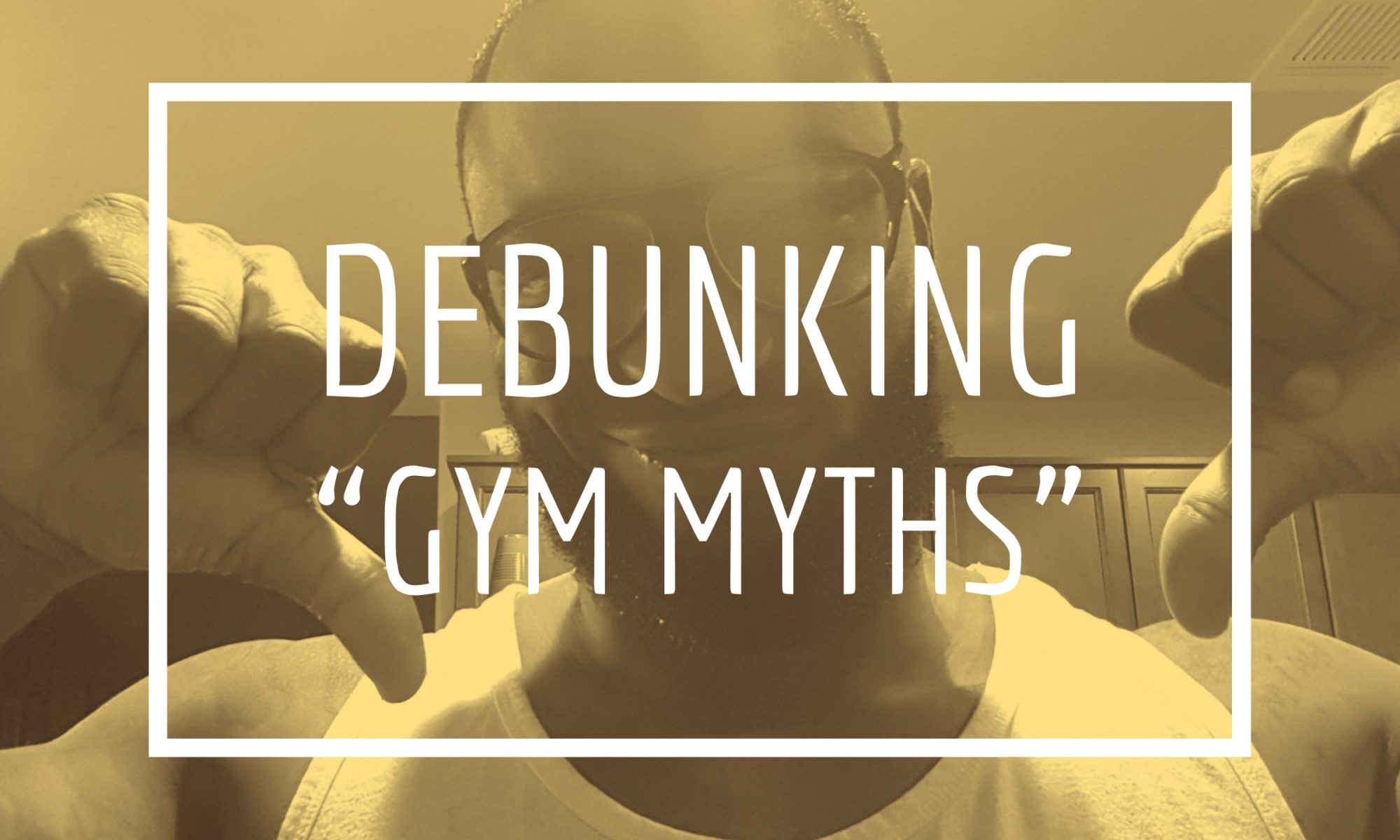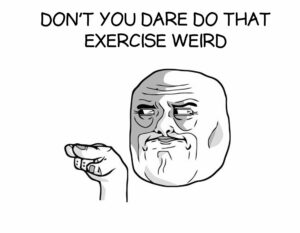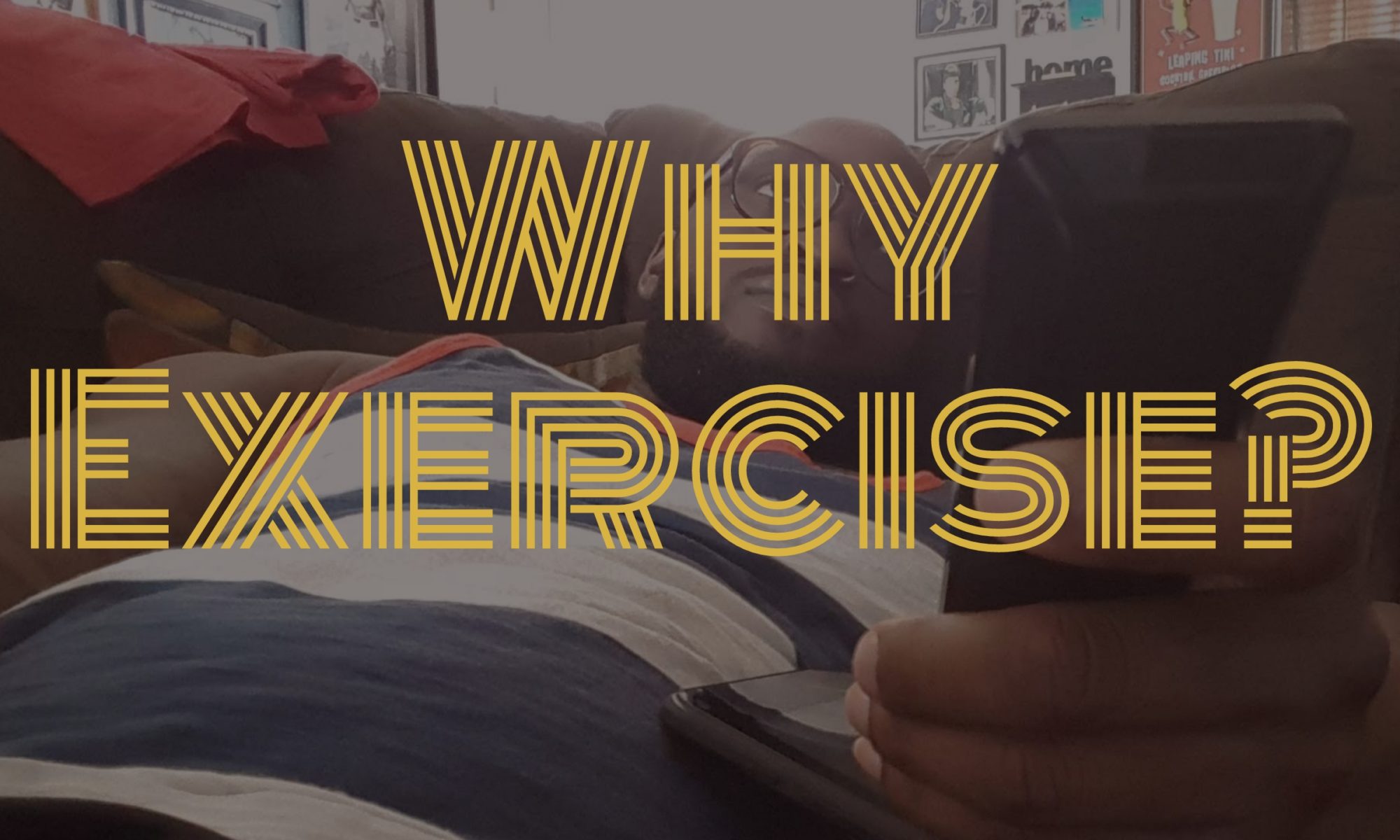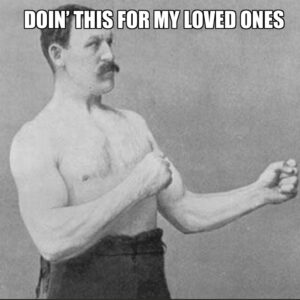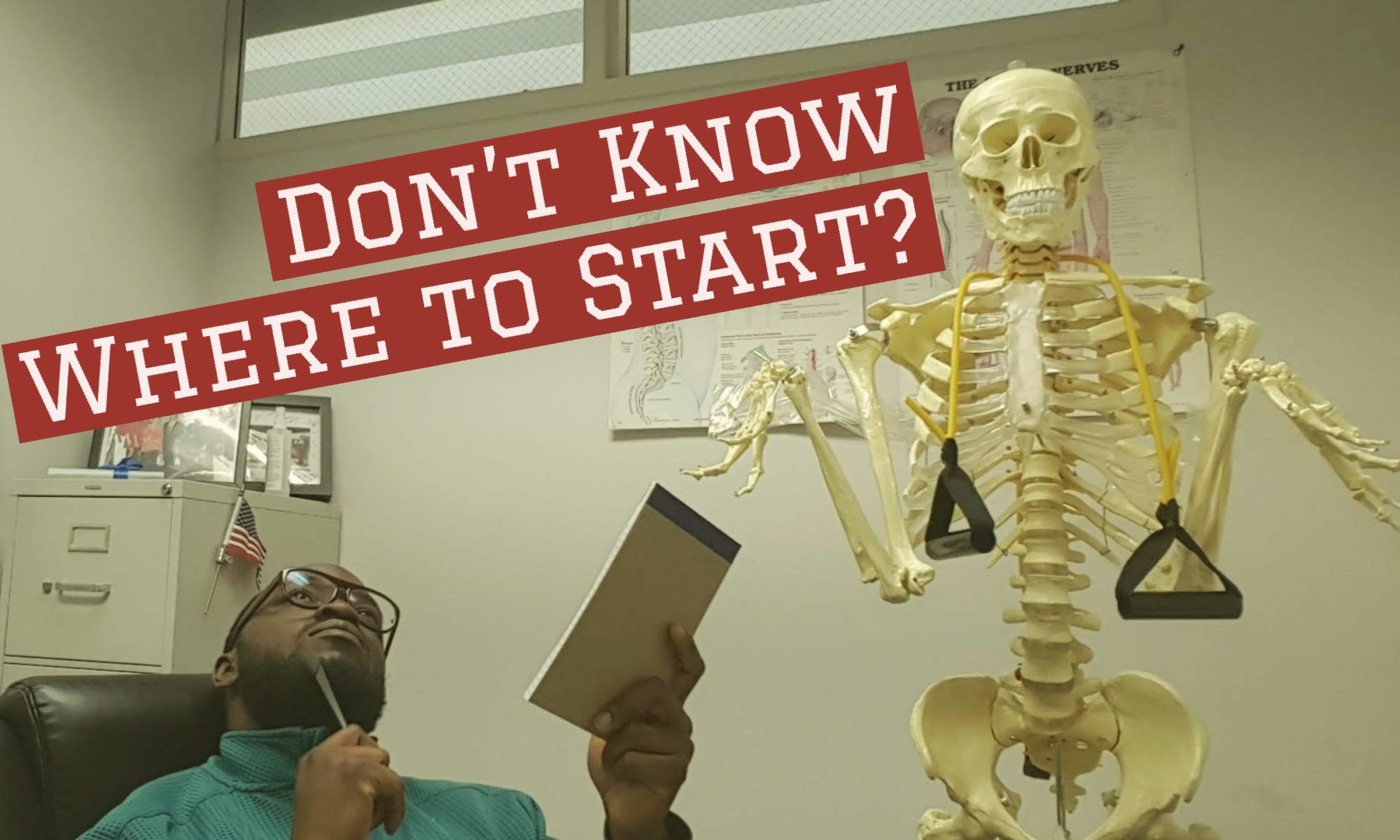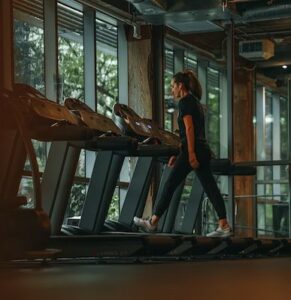A children’s study showed that kids who were praised solely for their intelligence couldn’t handle adversity as well as those who were praised for their effort.
When ability becomes one’s lone focus it leads to a fixed mindset. Effort, however, develops the growth mindset.
So which mindset are you aiming for?

As you see, our mindset plays a significant role in how we perceive challenges. The fixed mindset basically says “it is what it is”, while the growth mindset says, “I have an opportunity to challenge myself and grow”.
Let’s take a closer look at the two mindsets.
The Fixed Mindset says:
- “I either can or can’t, period”
- “Either you got it or you don’t”
- “If I fail, I’m a failure”
- “I’d rather stick to what I’m good at”
- “That’s just the way it is”
- “I give up when I’m frustrated”
- “Everything is based on my abilities”
- “I’m satisfied”
- *Me-focused
The Growth Mindset says:
- “Hard work and effort can help me get to where I want to go”
- “Practice and effort is the key to becoming skillful”
- “Failure is something that I do, not who I am, and is a vital part of the learning process”
- “I’d rather try new skills”
- “What else can I improve at?”
- “I persevere when I’m frustrated”
- “Everything is based on my attitude and effort”
- “Whats’s next?”
- *Mission-focused
Here at Daily Fit Boost we focus on the process rather than the outcome and we NEVER stop growing! And the good news is that it’s never too late to switch from a fixed to a growth mindset once you realize it’s possible.

So let’s GROW!
As you work towards your fitness goals you’ll eventually get to a place where you develop effort-less habits.
Key Takeaways:
- It’s better to be praised for your effort than your ability
- Our mindset plays a significant role in how we perceive challenges
- It’s never too late to shift to a growth mindset
* (Study Source: Dr. Carol Dweck, a professor of psychology at Stanford University and author of the book Mindset: The New Psychology of Success, studies mindset in children.)


